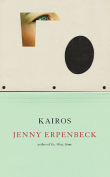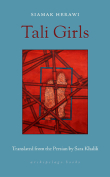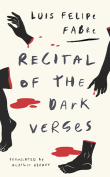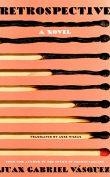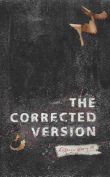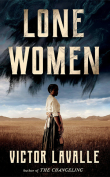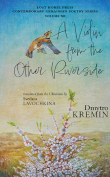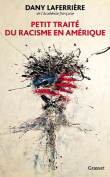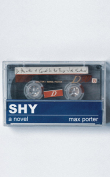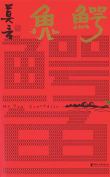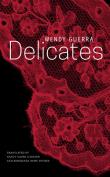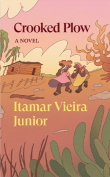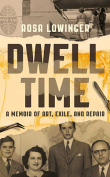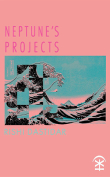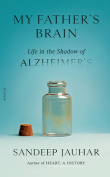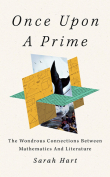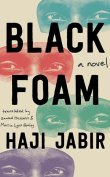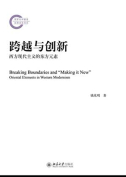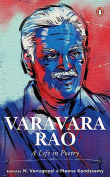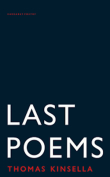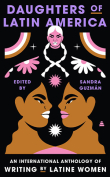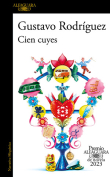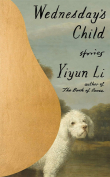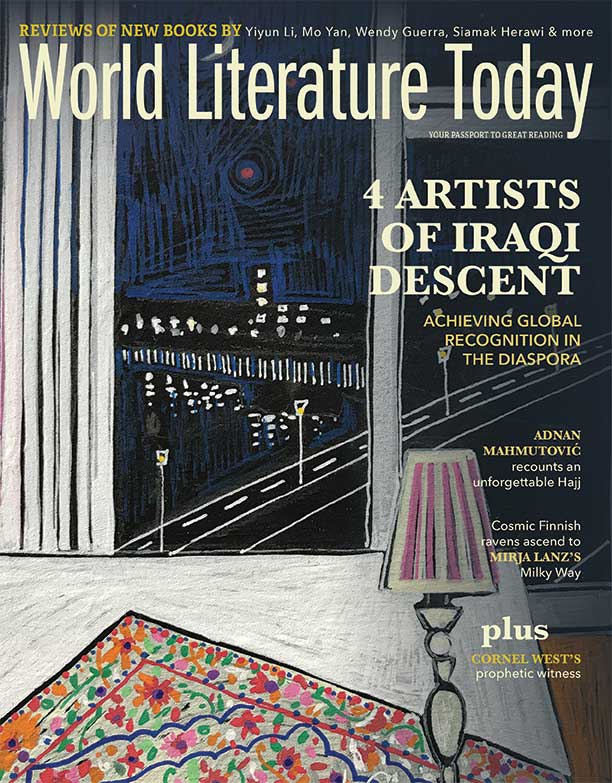Delicates by Wendy Guerra
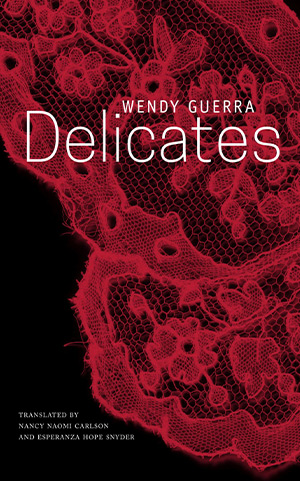 London. Seagull Press. 2023. 72 pages.
London. Seagull Press. 2023. 72 pages.
Translators Nancy Naomi Carlson and Esperanza Hope Snyder struggled to find a term that would capture the complexity of Cuban-born Wendy Guerra’s collection of poems in Spanish. The original title, Ropa Interior, is typically translated as “underwear” or “undergarments.” However, Carlson and Snyder argue that those terms simply do not capture the intensity and vulnerability of the poems; after much discussion, they decided on Delicates, a term invoking the wash cycle used for lacy, diaphanous lingerie and suggesting the churn of soapy water. It’s a stroke of genius to use such a term, particularly since so many of the poems deal directly with the fragility of whatever armor exists to protect the interior self.
Guerra’s highly sensual poetry explores how people know the world by means of their bodies, and just why and how it becomes the guiding epistemology of one’s life, although it is dangerous to deliberately practice the breakdown of barriers between oneself and others. The psychological activity can leave one fragmented and alone, or engulfed and unable to reassert an individual self. In many ways evocative of Pablo Neruda’s Residencia en la tierra, in poems such as “Peninsular Palm,” the narrator’s body is one and the same as the Earth, earth processes, the sea, and the perception of the body of another: “its small mouth enters my mouth of salt and sand sifted by pain.”
However, “other” and “otherness” are obliterated in Guerra’s poetics, and one does not learn of oneself by means of studying one’s reflection in another’s eyes, or by bifurcating into a duality. In “Closed Season on Manatees,” a chance encounter with a manatee on the beach triggers a long series of interior reflections and observations, “Gravity and sex in him / weightlessness and magic spells in me,” suggesting a changing of places, and then a fusion.
In “The Last Apocrypha of Ana Mendieta,” a reference to a gifted Cuban-born performance artist, sculptor, painter, and video artist, best known for her "earth-body" artwork,” who died after mysteriously plunging from a balcony, the poet literally flings herself through the veil between the known and the unknowable, the language of life, and silence of death. Guerra’s blending of concrete descriptions and allusions to Mendieta’s body and to language itself create a generative dynamic: “My clothes moan composing the broken night of wings.”
“Orgy of the Wind” explores the mind’s own behaviors, slowly revealing its patterns and the deliberate efforts made to subvert patterns. There is a sense of urgency, as though being able to develop language with such power is the only way to shake off the influence of life choices almost predestined, thanks to the acts of others and exogenous forces. And finally, the powerful “The Worst Thing about Incest,” which explores the impossible resolution of contradictory meanings and the broken interiority of personal experience, and in language and being in the world.
Susan Smith Nash
University of Oklahoma
